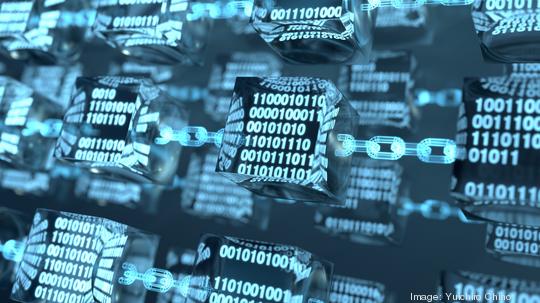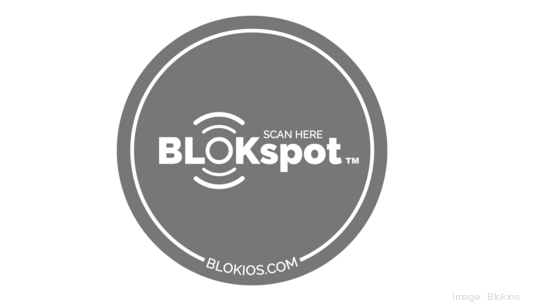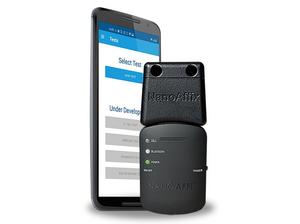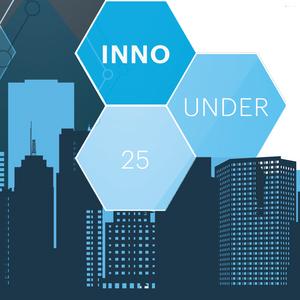
The Pitch is a Milwaukee Business Journal and Wisconsin Inno series that gives a snapshot of a local startup. The Business Journal doesn’t endorse companies featured in The Pitch, nor is this an invitation to invest. To suggest a startup for possible future features, email tnykiel@bizjournals.com.
Kristin Anastas participates in online buy-sell-trade groups and says the No. 1 question shoppers ask about products in those forums is, "Is it authentic?"
Anastas, who spent more than a decade working in the automotive aftermarket and for companies like Johnson Controls, also knows questions about product authenticity and counterfeiting are important to manufacturers, too.
So after learning about blockchain — a technology capable of creating immutable, unique records of ownership — Anastas started a company called Blokios. The startup's patent-pending solution combines hardware and software to help easily connect manufacturers to the end users of their products.
In addition to counterfeit prevention, Blokios's technology is designed to give manufacturers a way to communicate to consumers information such as warranty details, recall announcements, software updates, battery replacement reminders and information for ensuring sustainable recycling at the end of the product's life, Anastas said.

Blokios sells Blokspots, or poker chip-sized devices that can be attached to products. When companies buy Blokspots for their products, Blokios creates a blockchain record of authenticity for that particular item, Anastas said.
Blokios uses near-field communication (NFC) — the same technology behind mobile payment solutions like Apple Pay and Google Pay — to connect Blokspots to the blockchain record, she said. To use it, users tap their phone to the Blokspot and a notification will pop up taking them directly to a webpage with the product information; there's no app required.
Blokios has launched its product and is running pilots with its first customers, Anastas said. It has focused on making its technology inexpensive so it can be accessible for average consumers, Anastas said.
"Our focus has really been on getting customers to prove that the technology is actually viable and that people want it," Anastas said.
Initially, the startup is focused on the automotive industry; its technology is already being used on car parts that consumers purchase in the automotive aftermarket, Anastas said.
Blokios is also pursuing government applications. For example, a Blokspot could be placed on specific parts within military equipment, like tanks, to help engineers identify the parts when they're trying to recover viable pieces after the equipment is destroyed in the field, Anastas said.

Company name: Blokios LLC
Headquarters: Milwaukee
Year founded: 2020
CEO: Kristin Anastas
No of employees: 6
Website: www.blokios.com
The technology/product: A blockchain-based authentication system for connecting product manufacturers to their end consumers. It works through a physical device — Blokios calls it a Blokspot — that manufacturers place on or embed into a product. Consumers can scan the Blokspot to display a certificate of authenticity and connect to product information, instruction videos and warranty data.
How it makes money: Blokspot sales
Size of the market: Blokios estimates the total size of its market was $12.7 billion in 2020.
Competition: The Aura Blockchain Consortium, which was created by Louis Vuitton and focuses on luxury brands, and Efixii, which focuses on the cannabis industry.
Competitive advantage: Blokios said it's focused on bringing the power of the blockchain to every household. Its price point makes it accessible to use in everyday consumer household products.
Technology it could disrupt: Holographic tags, QR codes and stitchwork that are currently used to prove authenticity after a sale. Blokios says its technology is faster and more reliable than these alternatives, which can become smudged or dirty or can be slow to work.
Adviser: Doering Fleet Management president Adam Berger
Capital raised: $50,000
Investors: Friends and family
Ideal exit: An acquisition that would enable the technology to expand into new categories of products, Blokios said.








